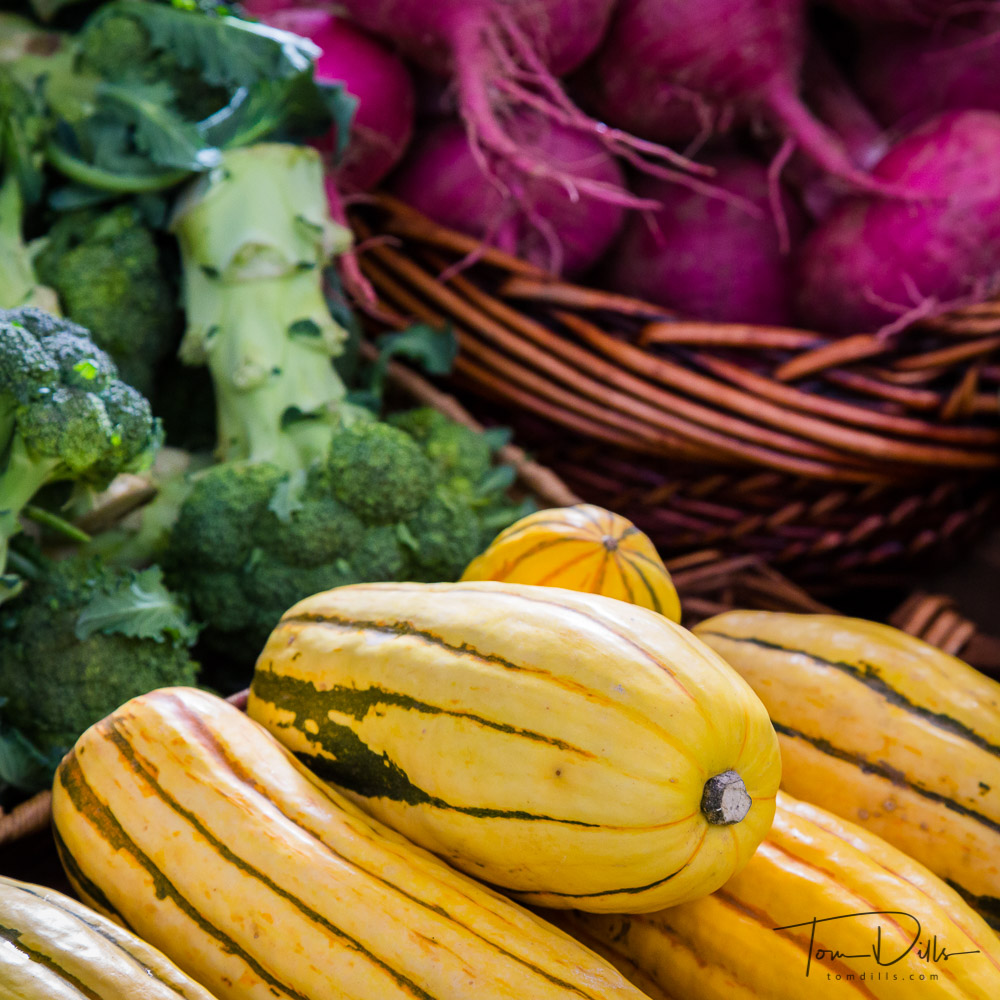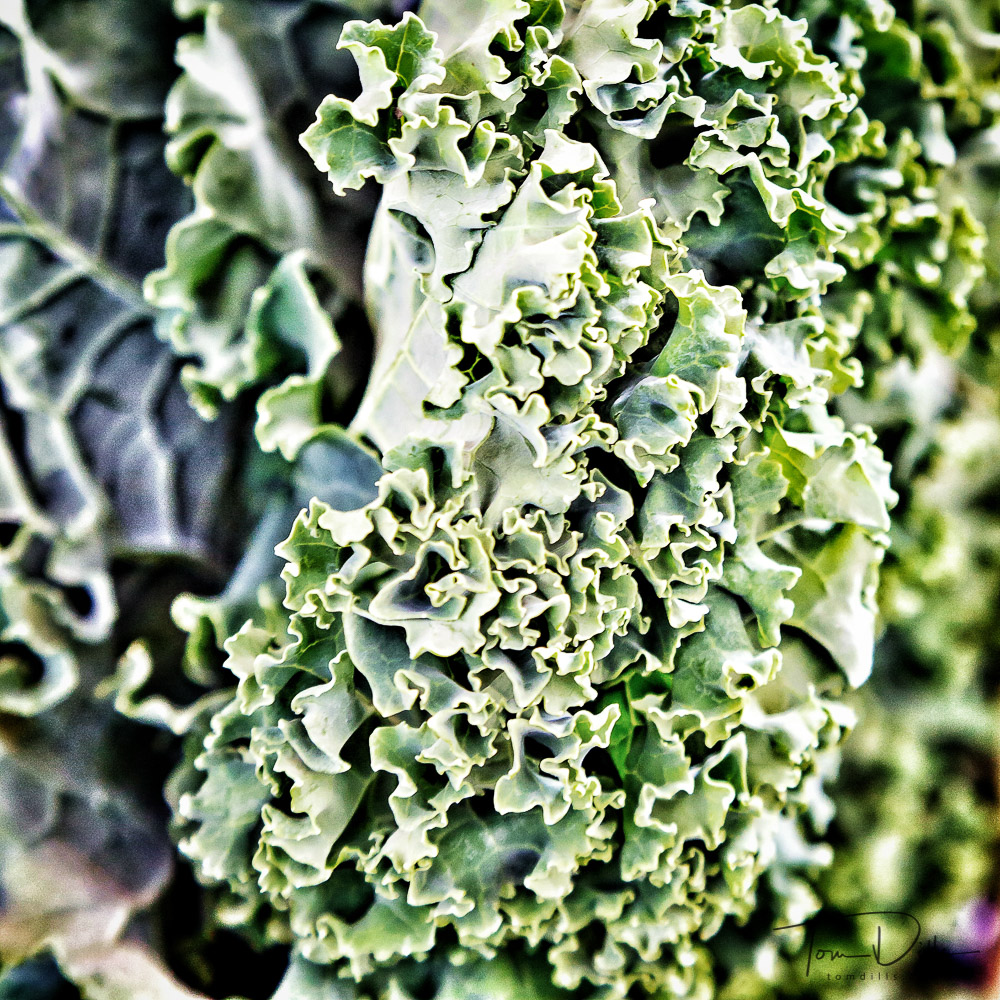
“You are what you eat.” Or if you follow nutrition writer Michael Pollan, “You are what you eat eats.”
A quote from a 2011 book titled “The Information Diet: A Case for Conscious Consumption” by Clay A. Johnson states “Our bodies are wired to love salt, fat and sugar. … Our minds are really wired to be affirmed and be told that we’re right. … Who wants to hear the truth when they can hear that they’re right? Who wants to be informed when they can be affirmed? What we do is we tell our media that that’s what we want to hear, and our media responds to that by telling us what it is that we want, and sometimes that isn’t what’s best for us.”

A recent conversation got me thinking about our information diets and the many parallels there are with our food diets. If we aren’t careful and mindful about how we eat, we will too easily be overwhelmed by the sheer volume of product choices in grocery stores and restaurants. The choices we ultimately make are heavily influenced by a number of factors, but not insignificantly we are influenced by marketing. The food industry is a very powerful force in our lives, whether we realize it or not. All the advertising we see is just one of the many visible ways we are influenced. Product placement in stores, packaging and promotion are all marketing. It is up to each of us individually to sift through all those choices to determine what is best for us. It takes work and it isn’t easy. There are a lot of mixed messages out there, and they don’t necessarily point us in the right direction.
It’s no secret that the quality of our food directly influences our physical health. People who eat a lot of processed foods, regardless of source, tend in general to be less healthy than those who eat less processed food. Vegetarians and vegans, by some measures, appear to be more healthy than omnivores. But being an omnivore doesn’t necessarily mean you are unhealthy. There are nutritional needs that can be met by any kind of diet, but meeting those needs takes some figuring out.
However you care to characterize or categorize eating preferences, all of them have positives and negatives. The key, it seems, is to do enough research and gather enough information from sources you trust, to (a) figure out what works for you, and (b) find something that is sustainable and that results in a permanent behavior change that will ultimately provide the result you desire.

How is an “information diet” similar to a food diet? Food companies don’t make money promoting spinach, broccoli and carrots. They make money by promoting high profit items like processed foods and drinks. And they use all kinds of methods to convince us that it’s OK to spend our money on the stuff that makes them the most money. And they know what we want because we tell them. They track sales by all kinds of methods, including those “Frequent Shopper” cards that give us awesome discounts on products and gasoline. And you thought they were just being nice?

Media companies make money by selling us advertising and promoting agendas, which allows them to sell more advertising and promote more agendas. They know what we want because – knowingly or not – we tell them. The “Recommended for You” content we see on Facebook is a result of the stuff we look at and interact with on Facebook, plus what Facebook sees us look at when they follow us around the internet (yes, they do). Google makes their money by tracking the websites we visit, creating a profile of who they think we are and what they think we are interested in, then selling ads and promoting content that their data tells them should appeal to that profile. Television networks get their information from other sources, but still have a very good idea of who their target audience is. Want to know who a television show is aimed at? Pay attention to the advertisements.
Just like large portions of salt, sugar and fat kick up the flavor of food to appeal to diners, loud and confident blowhards in the media (I use ‘media’ to include television, the press and the internet in general) are tailoring their messages to appeal to their audience. Who is that audience? It’s the people who their data tells them will tune in. These media companies and individuals don’t necessarily have to provide factual information as long as they are saying what their audience tells them it wants to hear. Similarly, restaurants don’t necessarily have to be considered “good” just because they give you a lot of food or season their dishes heavily to cover up the fact that there is otherwise no flavor. After a while, people don’t know what real food tastes like because they haven’t tasted it. By the same token, people lose sight of what their own opinions are because their mental taste buds have been dulled by endless loud and confident media tailored to sell them someone else’s opinion or agenda.

We have a hard-enough time making informed decisions at the grocery store. There are way more sources of information available in the media, and the companies that serve up that information have lots of ways to send us to sources they think will appeal to us, even more ways than the food companies do. It’s up to us to determine what sources will suit our needs the best. To figure out what goes into our information diet. And we owe it to ourselves to do the same thing with our information intake that we do for our food intake. As I stated earlier, we need to do enough research and gather enough information from sources we trust, to (a) figure out what works for each of us, and (b) find something that is sustainable and that results in a permanent behavior change that will ultimately provide the result we each desire.
We need to strike a balance between what appeals to us and what is good for us. And while those are not necessarily mutually exclusive, there may sometimes be tough choices to make. Just like our nutritional balance needs to contain the right amount of essential nutrients, I think our informational balance needs to include a healthy connection to reality. We have to determine what balance is right for us. Yes, I suppose it’s possible to get by on carrots and water, at least for a short term. It’s also possible to go completely “off the grid” and eliminate all sources of information. But I don’t think either approach is healthy long-term. I do believe that disconnecting from a lot of media is a healthy start. A second idea would be choosing carefully where our information comes from. The internet and social media can be a cesspool if allowed to get out of hand.

For me personally, Kathy & I haven’t owned a television for years, because at some point we realized that it was running our lives and that we were scheduling things around “our shows.” I have accounts with Facebook, Instagram and Twitter, but I use them in a way that makes sense for me – primarily as a source of information that I decide I want. I mute or unfollow people who share stuff I’m not interested in. If I want to find out about conditions in a National Park or the status of a particular business, Twitter is often a good place for current information. I only follow a handful of people and organizations, and add or remove them as my needs require. My Instagram account is highly curated in terms of who I follow and who I allow to follow me. I use a browser with appropriate safeguards to keep these people from tracking my search history and to block ads, and use an alternative search engine that doesn’t track my inquiries. I use a VPN that hopefully keeps my internet provider and others from getting too much information about my habits. I’m still using Google for some mail and other functions, but one of my current projects involves looking for a suitable replacement. That is not an easy task! My ways are not perfect, but I’m pretty comfortable with the level of information I receive and it works for me.

This is a long post, but it is important for us all to think about. I’m not an expert by any means, and since this isn’t a term paper I haven’t filled it with all kinds of footnotes and references. But I’m confident that most of what I’ve written is true and accurate, because I’ve taken a lot of time to figure it out in a way that works for me. I look forward to any thoughts you have on the subject, either by comments on this post or an email directly to me.






